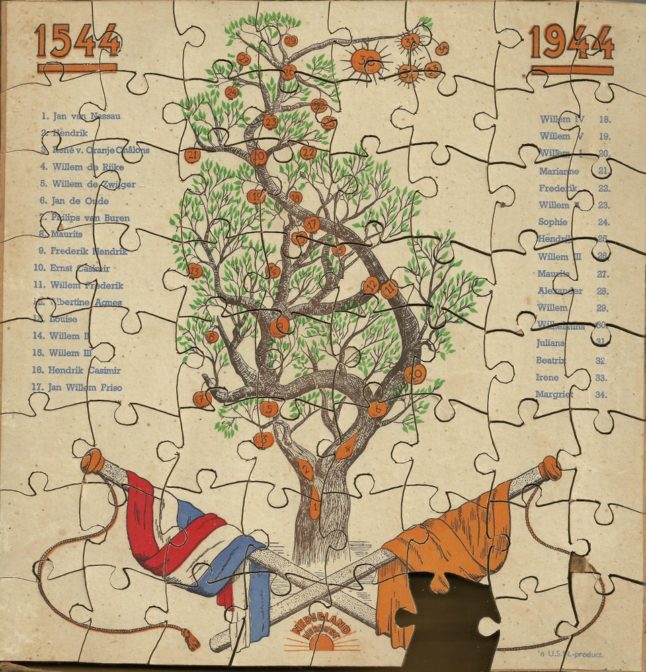When you are researching your ancestors, there is nothing wrong with speculation. Building and testing hypotheses is a great way to discover new evidence that may help you prove your case. Just don’t confuse speculation with proof, and make sure to not spread speculative information without clearly labeling as such (or not at all, to prevent people from jumping to conclusions).
For example, if you are trying to find the parents of your brick wall ancestor Cornelis, and you know his oldest son (typically named after the paternal grandfather) is named Pieter and second daughter (typically named after the paternal grandmother) is called Geertruid, searching for a couple named Pieter and Geertruid in the right time and place to be the parents is a sound research strategy.
Finding such a couple would not be enough to consider the relationship proven, however. But if you start researching Pieter and Geertruid, you may well discover their last will named a son Cornelis. Other records may connect your ancestor Cornelis to his parents, such as land records that show Cornelis owning the same property that Pieter and Geertruid owned before. Combining evidence from a range of records may allow you to prove the relationship.
Without speculating about the possible names of Cornelis’ parents, you may not have found these records. Like pieces of a puzzle, these new records may allow you to piece together a coherent picture of your family.

Family tree puzzle. Credits: Collectie Gelderland, Open Cultuurdata (CC-BY-SA)


Witness of a babtise and/ or marriage can be often used to enlarge the family tree.
Good example, thanks!
“For example, if you are trying to find the parents of your brick wall ancestor Cornelis, and you know his oldest son (typically named after the paternal grandfather) is named Pieter and second daughter (typically named after the paternal grandmother)”
In my forebear families it was customary for the first boy to be named after his maternal grandfather and for the first girl to be named after her paternal grandmother. We followed this custom with our children but unfortunately that was the last time in our line of descendants.
I was the second boy and named after my paternal grandfather.
Was this just a Frisian custom?
I haven’t seen this custom in Friesland, so it might be something particular to your family. I have seen a custom where predeceased grandparents took precendence.
my dear madam, sorry if that offends, not used to e mails, please help me if you can, i want to find my late uncle dick, richard callison born 1915 died 1965, he was a merchant sea man, a stoker i believe, he died either in amsterdam, or at sea, and buried in your wonderful country, i cant find him, i am called after my uncle, i am 62 myself now, i followed him in the merchant navy, is it possible to find him? i know he is in a cemetary in amsterdam somewhere, but, where, i am going around in circles, phoning your consulates, the merchant navy, it is as if he never existed, help!
Death records are only public after 50 years, so your uncle’s death record has only been public since 2016. If he was a resident of the Netherlands at the time of his death, it should be possible to order his personal record card: https://www.dutchgenealogy.nl/personal-record-card/ That will tell you the place where he died or where his death was recorded. You can then ask around with local cemeteries; there is no central register of who is buried where.
If he died in 1965, chances are that his grave no longer exists. Most graves in the Netherlands are cleared after a few decades if nobody extends the lease (which is very expensive to do).